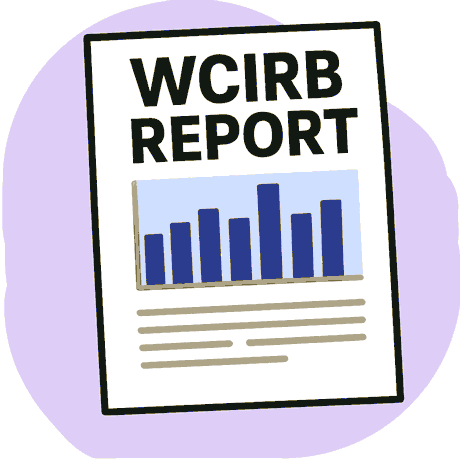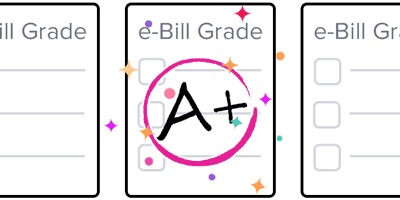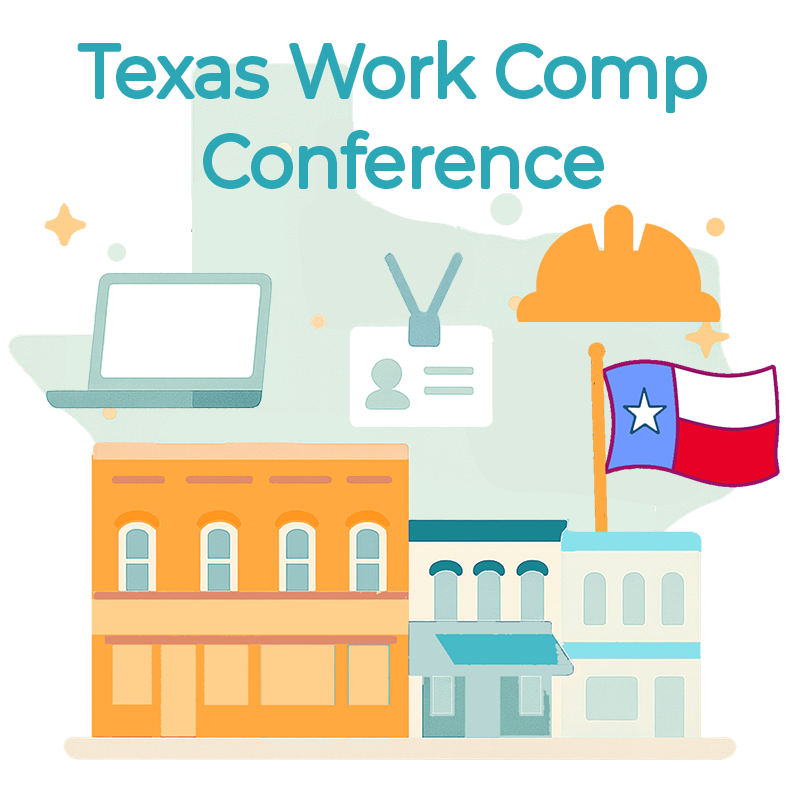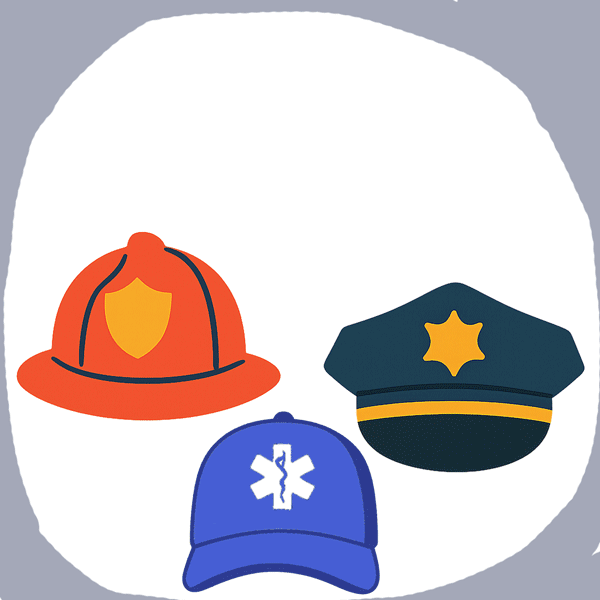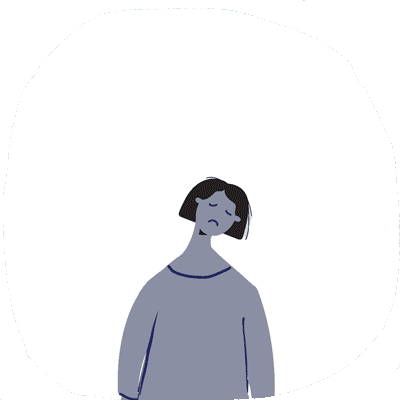NJ: New Workers' Comp Law Covers First Responder Mental Health Care
.gif)
New Jersey is expanding mental health coverage for injured workers, specifically first responders.
Governor Phil Murphy signed Assembly Bill 5792 (A5792) into law, requiring mental health services under workers’ comp for firefighters and law enforcement officers who suffer traumatic incidents in the line of duty. Per the law, those mental health services are confidential.
The law is effective as of its passage on August 21, 2025.
Connecticut, Wisconsin, Montana, Kentucky, and Oklahoma also made attempts at passing workers’ comp mental health legislation in recent months, though none have passed as of this writing. Kudos to NJ for taking the initiative.
A5792: Confidential Counseling Under Workers’ Comp
Under the new law, first responders are entitled to mental health counseling if they experience a “critical incident.” Critical incidents may involve:
- Shootings/exchanges of gunfire
- A wound or serious bodily injury sustained in the line of duty
- The death or serious injury of a minor or another first responder in the same agency or unit in the line of duty
- Acts of terrorism or hostage situations
- Investigations into violent crimes against minors
- Having to be rescued from a life-threatening situation
- Seeing or hearing death or maiming, or the aftermath of death or maiming
First responders in this context include law enforcement officers and full-time paid firefighters.
The first responder initially receives 12 hours of paid counseling with a licensed mental health provider of their choice, covered under workers’ comp benefits.
The provider must meet all of the following criteria:
- Hold a current, valid license
- Be “culturally competent in mental health issues related to first responders”
- Specialize in “treating first responders related to critical incidents in law enforcement and firefighting.”
If the provider deems it beneficial, the first responder receives 24 additional hours of counseling, all of which must occur within one year of the initial visit. The employer cannot require the first responder to use any paid leave for these sessions, including sick leave, if the sessions are during work hours.
Legislators also built strict confidentiality into the bill.
The counseling itself is confidential, as are any communications between an injured first responder and official peer support teams or Resiliency Program Officers (unless the first responder may be at risk of harming themselves or others or there is evidence they committed a crime).
Mental health providers in New Jersey may see an influx of first responders with workers’ compensation claims. For any billing questions, reach out to our experts using the pink chat icon on this screen, or email us at info@daisybill.com.
Make workers’ comp billing faster, more accurate, and less costly. Click below to see how daisyBill makes life easier for NJ providers:
DAISYBILL: BILL BETTER
DaisyBill provides content as an insightful service to its readers and clients. It does not offer legal advice and cannot guarantee the accuracy or suitability of its content for a particular purpose.
